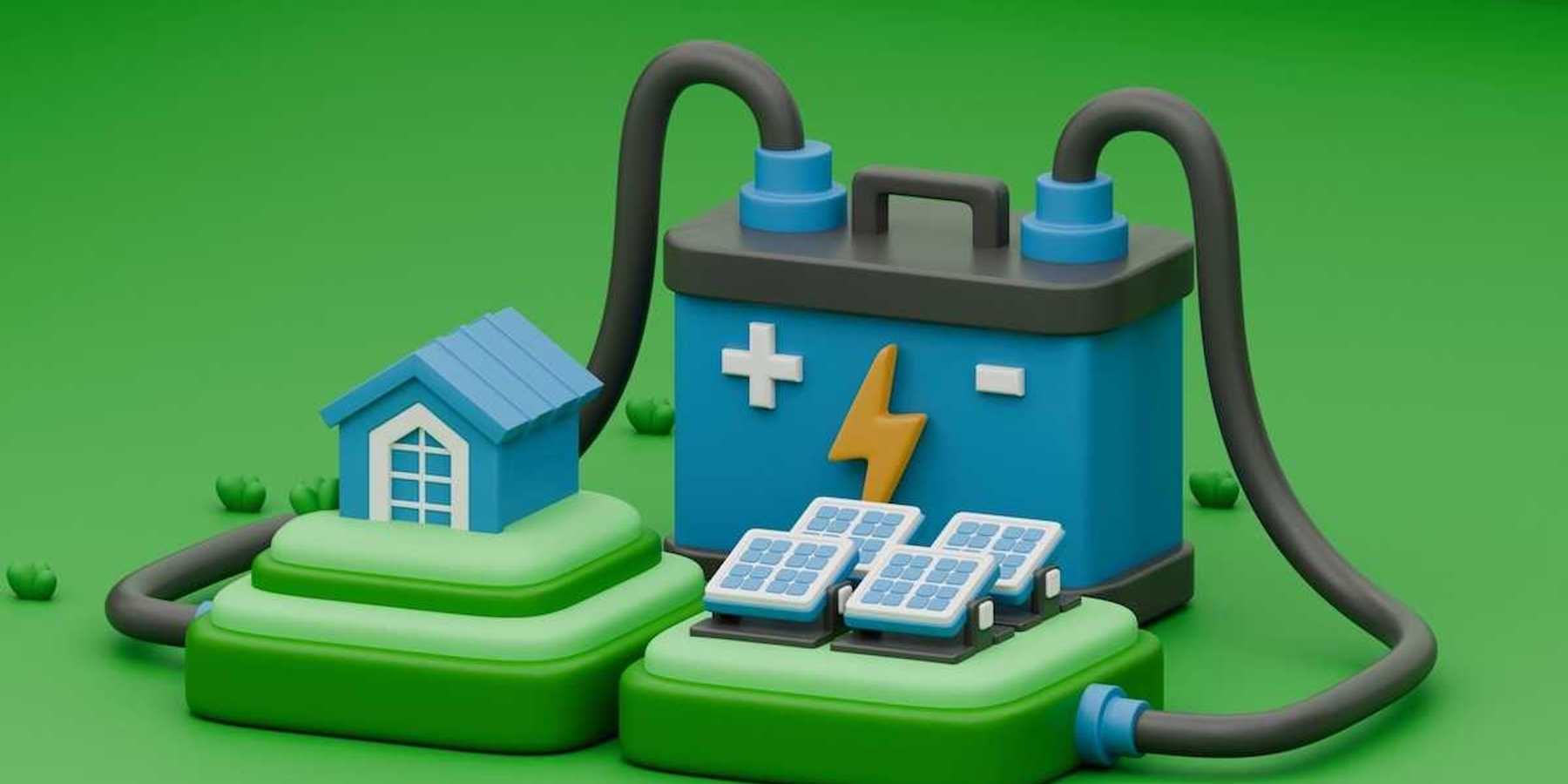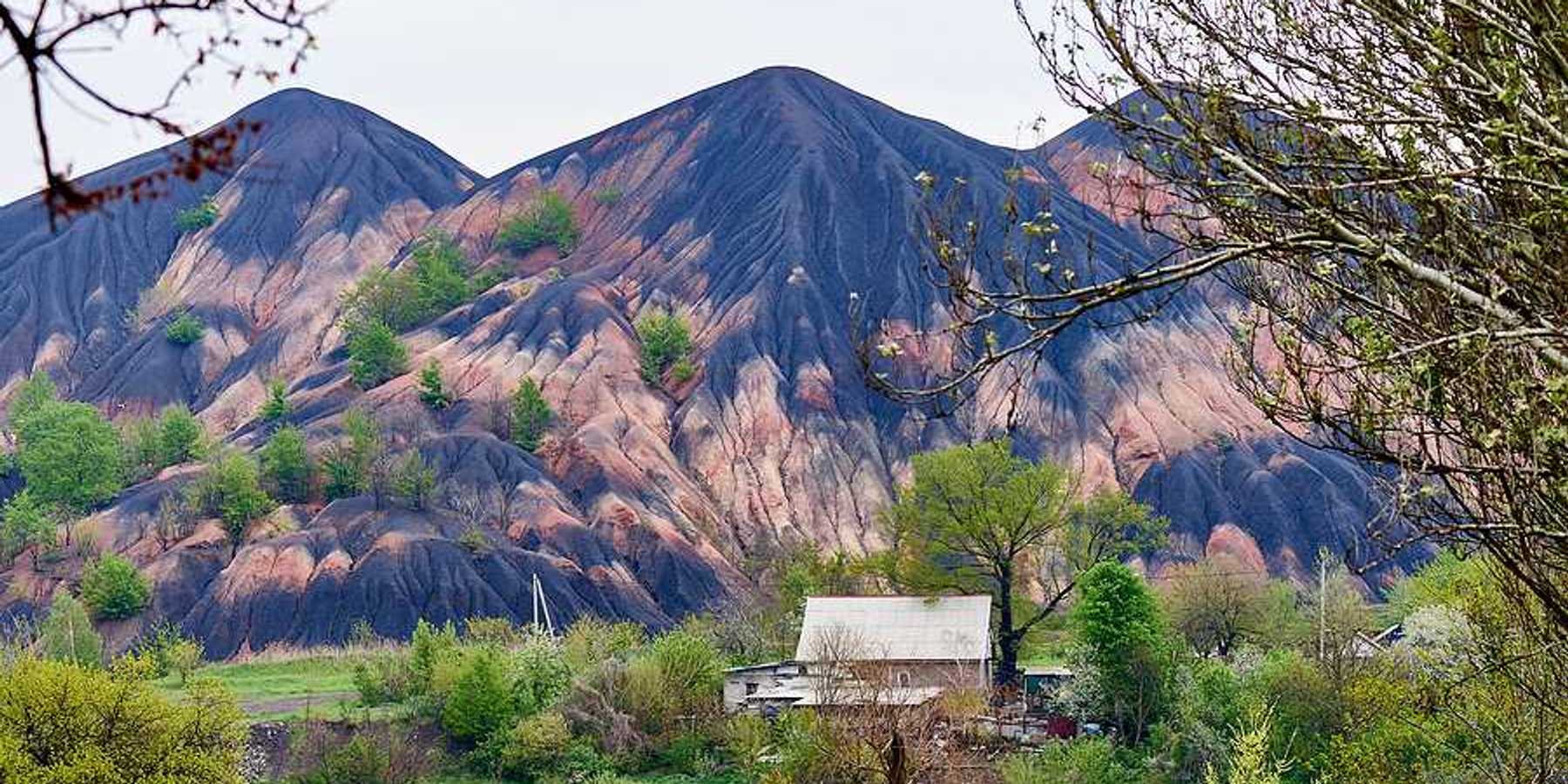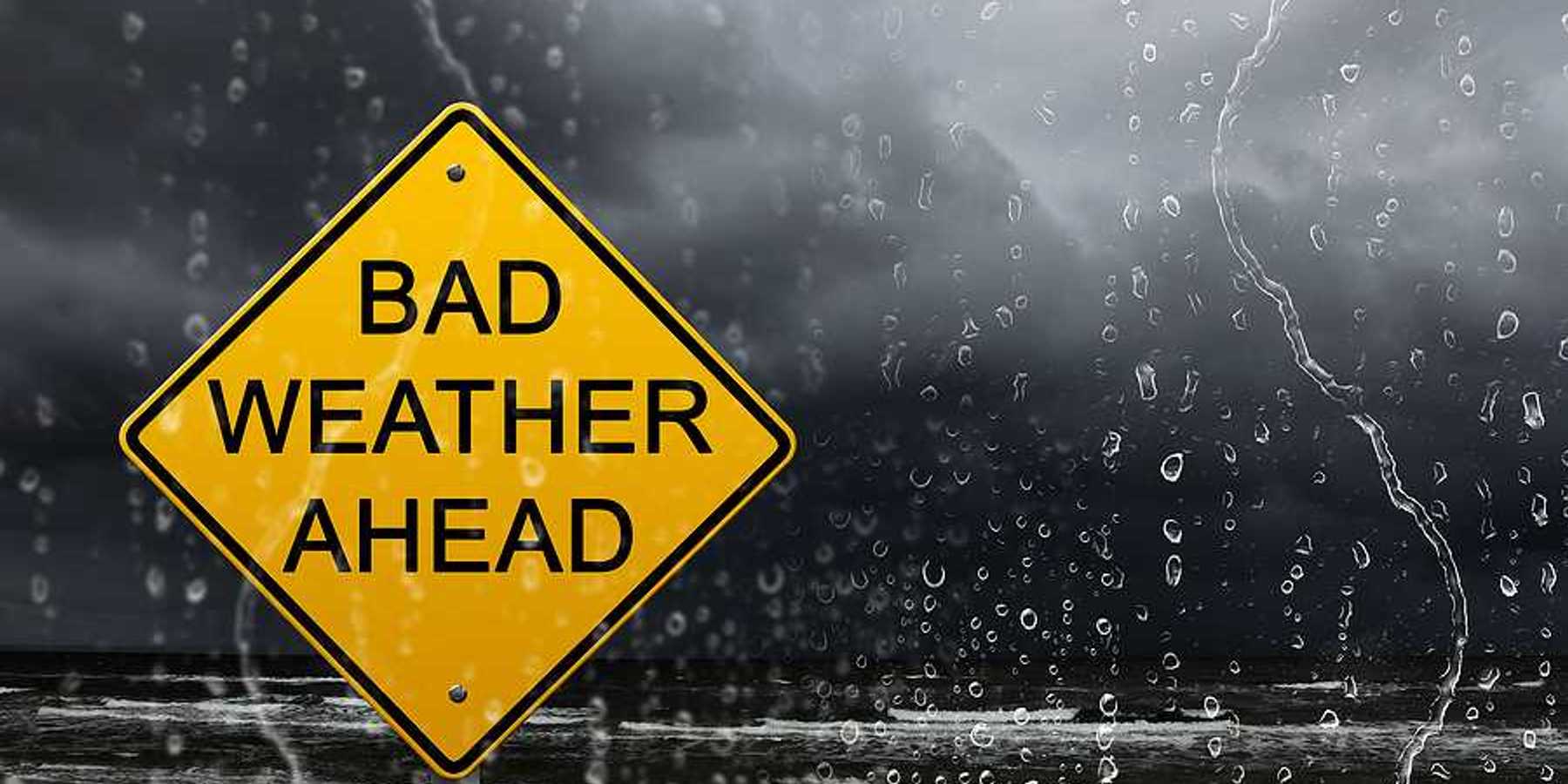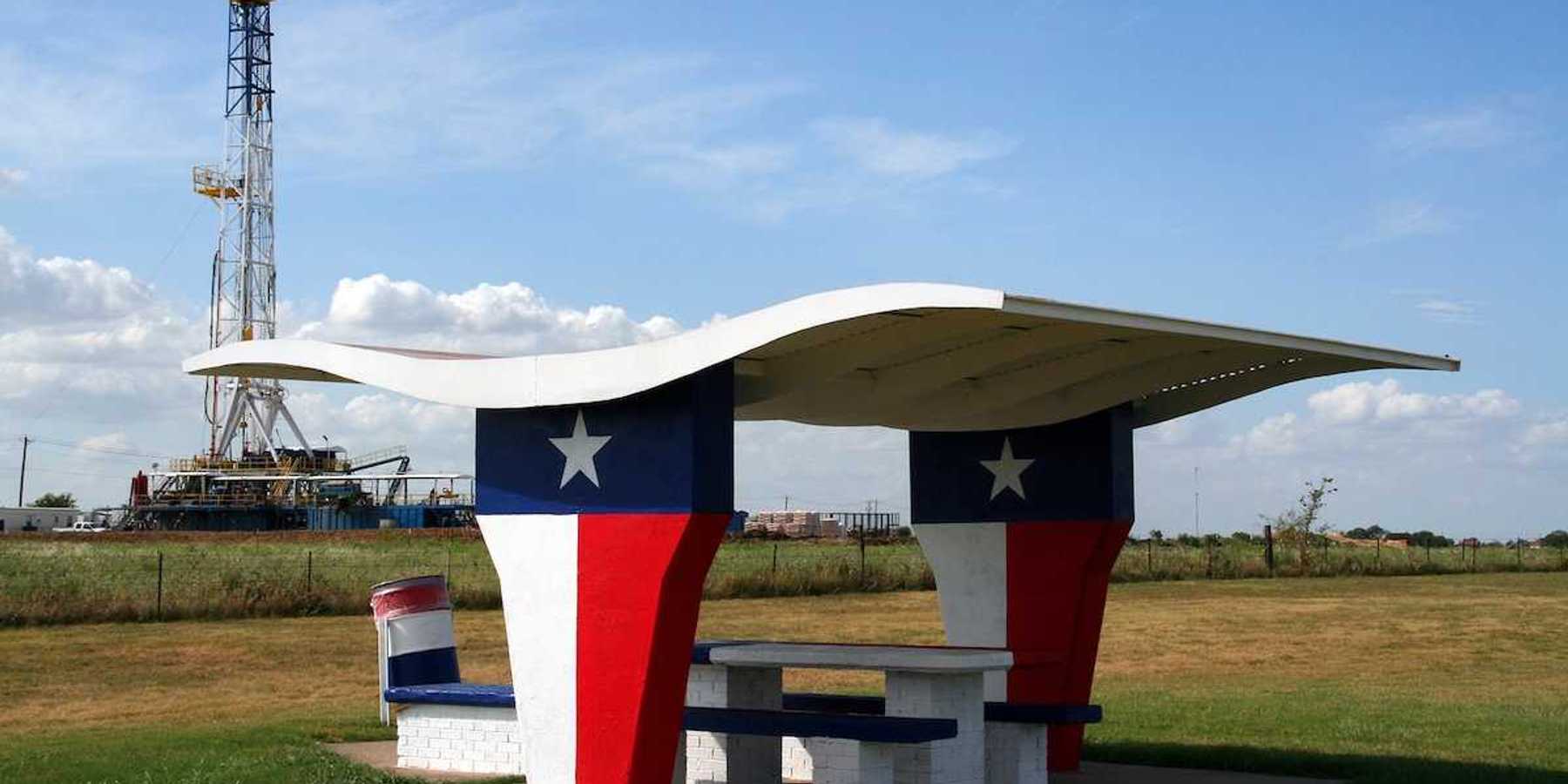States struggle to plug oil wells with infrastructure law cash
E&E News reporter Shelby Wells writes about the thousands of abandoned oil and gas wells across the country that pose environmental and health risks as they remain open and unused, emitting toxic chemicals and gases into the air and groundwater.
In a nutshell:
The estimated 800,000 orphaned wells in the US contribute to methane emissions and pose a threat to local ecosystems. Although the bipartisan infrastructure law allocated $4.7 billion for plugging these wells, states are facing challenges in finding enough crews, dealing with rising costs, and developing methods to locate and prioritize the wells. The new federal funding has sparked concerns about its effectiveness and whether it will adequately address the problem.
Key quote:
“Bidenomics and President Biden’s Investing in America agenda are enabling us to confront long-standing environmental injustices by making a historic investment to plug orphaned wells throughout the country,” Interior Secretary Deb Haaland said in a statement.
The big picture:
Abandoned oil and gas wells pose significant health risks to both the environment and nearby communities. These wells can leak toxic chemicals and gases into the air and groundwater, potentially contaminating drinking water sources and leading to respiratory issues and other health problems for local residents. Methane emissions from these wells also contribute to climate change and exacerbate air pollution, further impacting public health. The presence of abandoned wells underscores the importance of proper well-plugging and remediation efforts to safeguard the well-being of communities and mitigate environmental hazards associated with the oil and gas industry.
Read the article at E&E News.
Abandoned oil wells are a problem in the ocean as well as on land. Hannah Seo wrote about tens of thousands of abandoned oil and gas wells in The Gulf of Mexico. Meanwhile, toothless regulation leaves climate warming gas emissions unchecked.













